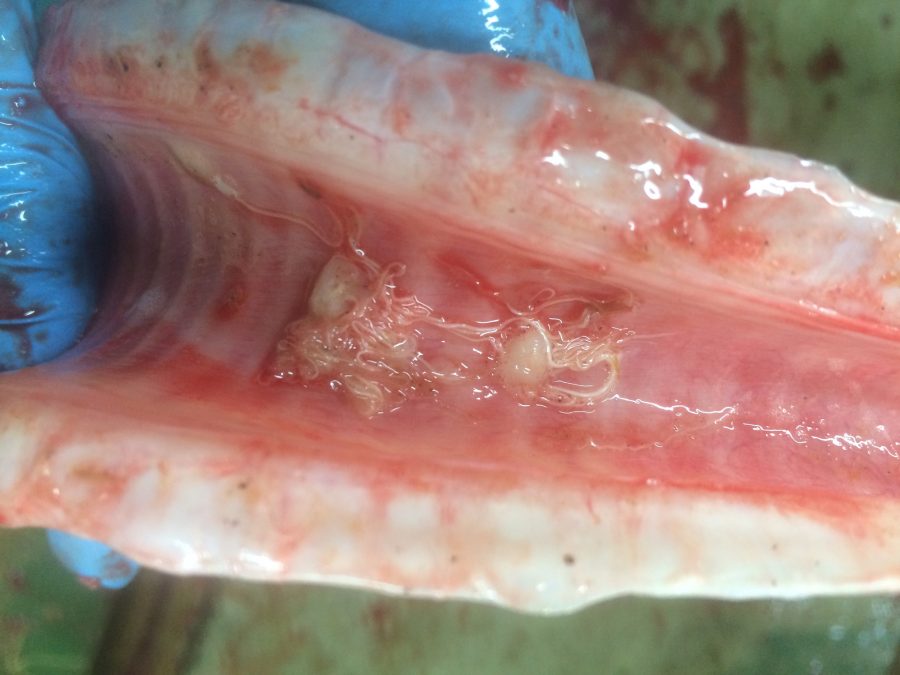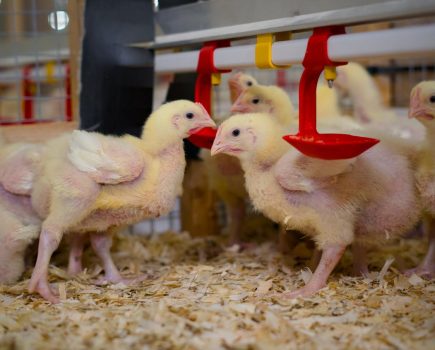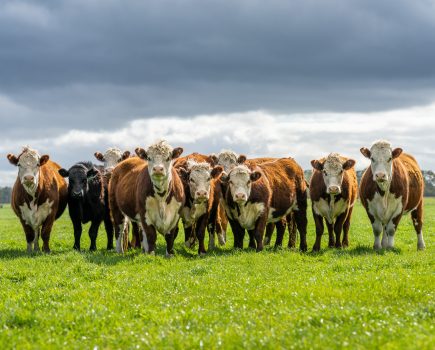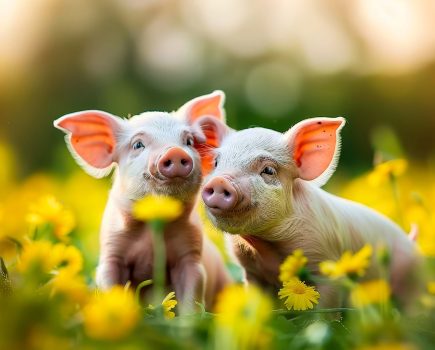Farmers hearing any cattle, youngstock or adults, coughing should take immediate action to prevent potential livestock deaths from lungworm.
This is the advice from cattle vet Rob Howe and Suitably Qualified Person (SQP) Mark Pass, who are both members of the Control of Worms Sustainably (COWS) group.
“Contact your vet if cattle are coughing, do not wait,” said Mr Howe. “I am an advocate of diagnostic treatments, but lungworm can be very serious and difficult to predict.
“Getting a diagnosis and ruling out possible other causes should still be a priority, but treating early if the vet has a high degree of suspicion of lungworm, can be prudent.
“Some cases may need extra help with anti-inflammatories and antibiotics which is another reason to have veterinary input.”
Mark Pass agreed. “Treat cattle that are coughing as soon as possible, because if it is lungworm, it will only get worse as their airways become blocked with worms.
“I would also advise contacting the vet and carrying out a Baermann test on faecal samples from affected animals, as this will confirm if it is lungworm and not another respiratory disease like IBR. A confirmed lungworm diagnosis can also help when devising a lungworm control plan before next year’s grazing season.”
Cases confirmed
Cases of lungworm are now being reported across the UK. Mildly affected animals will cough intermittently particularly after exercise; moderately affected animals will have frequent bouts of coughing at rest, and severely affected animals will have rapid and laboured breathing with a deep, harsh cough.
If no clean grazing is available, treating with a long-acting macrocyclic lactone is useful for preventing re-infection in beef and dairy youngstock. White and yellow drenches should also work well but do not have persistent activity.
Speak with the vet about the best option, which may vary with the severity of the symptoms and historic treatments. If the animals are milking cows, eprinomectin is the only product with a zero-milk withdrawal time.
“Most animals will recover,” says Mr Pass. “However, from my experience, a second treatment may be required if they are still coughing a month later. A change in anthelmintic class/group can also be beneficial.”
Resistance?
All worming products have been highly effective against developing lungworm larvae and adults, although there is concern some products may no longer be working.
Farmers are being encouraged to ask their vets to complete a survey devised by COWS and available on their website – www.cattleparasites.org.uk.
COWS experts are keen to learn more about outbreaks of lungworm and response to treatment, where treatment appears to have been effective and in cases where cattle still appear to be coughing.
This will allow lungworm cases to be tracked throughout the rest of the grazing season to help understand if resistance to wormers is probable, or whether they are not working due to poor administration, such as under-dosing or inappropriate timing.
After treatment
Treated cattle should be moved to clean pasture or housed in well-ventilated buildings, although grazing patterns have to allow for annual exposure to confer lungworm immunity in adulthood.
“The gold standard for lungworm control on farms that have a known history of it is vaccination,” says Mr Howe. “While this can be more expensive than giving a wormer, using a preventative vaccine alongside a robust control plan can pay back in many ways, providing farmers and vets reassurance over what is arguably the most serious risk to grazing youngstock.
“Where there is no history of lungworm, regular monitoring and ensuring quarantine procedures are in place to prevent lungworm coming onto the farm, are also important.”
Pictured: Lungworm in cattle found at post mortem. ©Ben Strugnall







